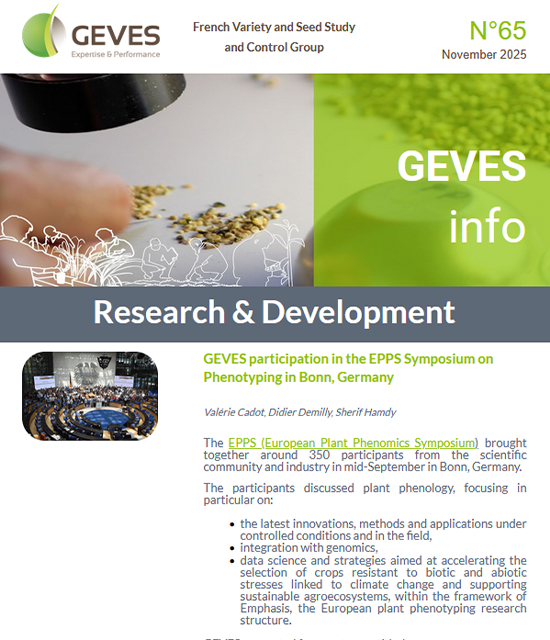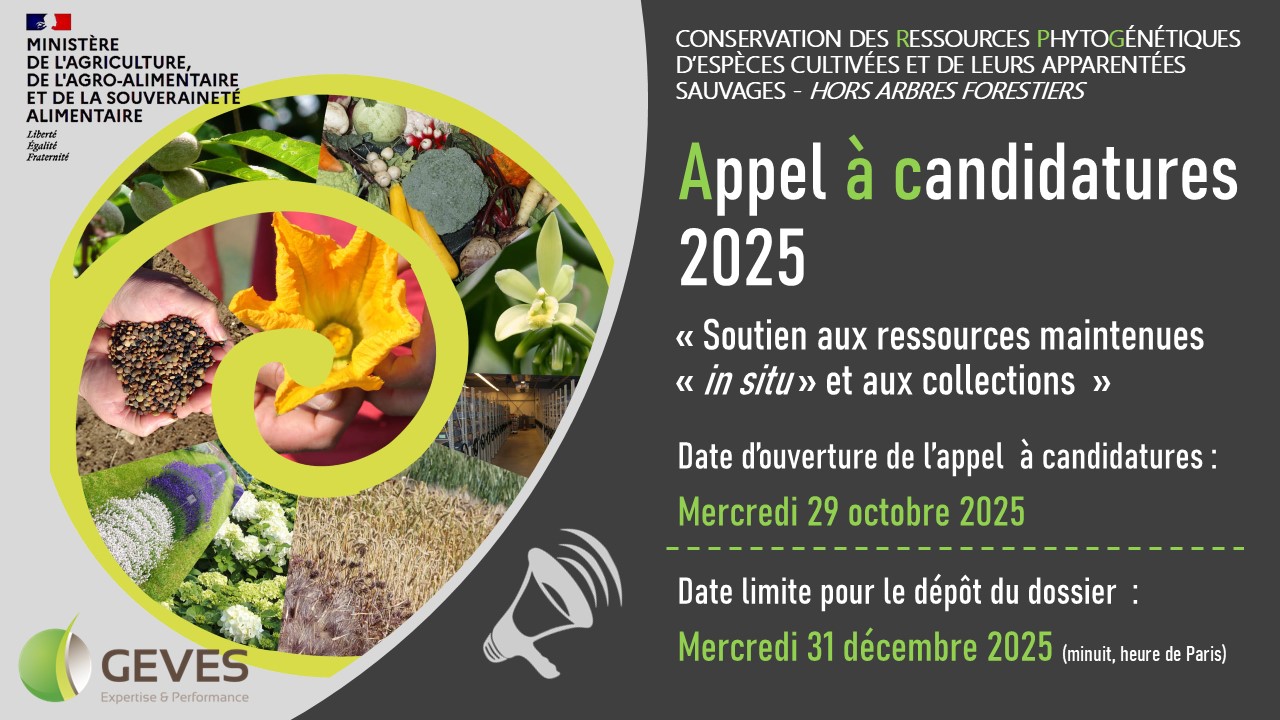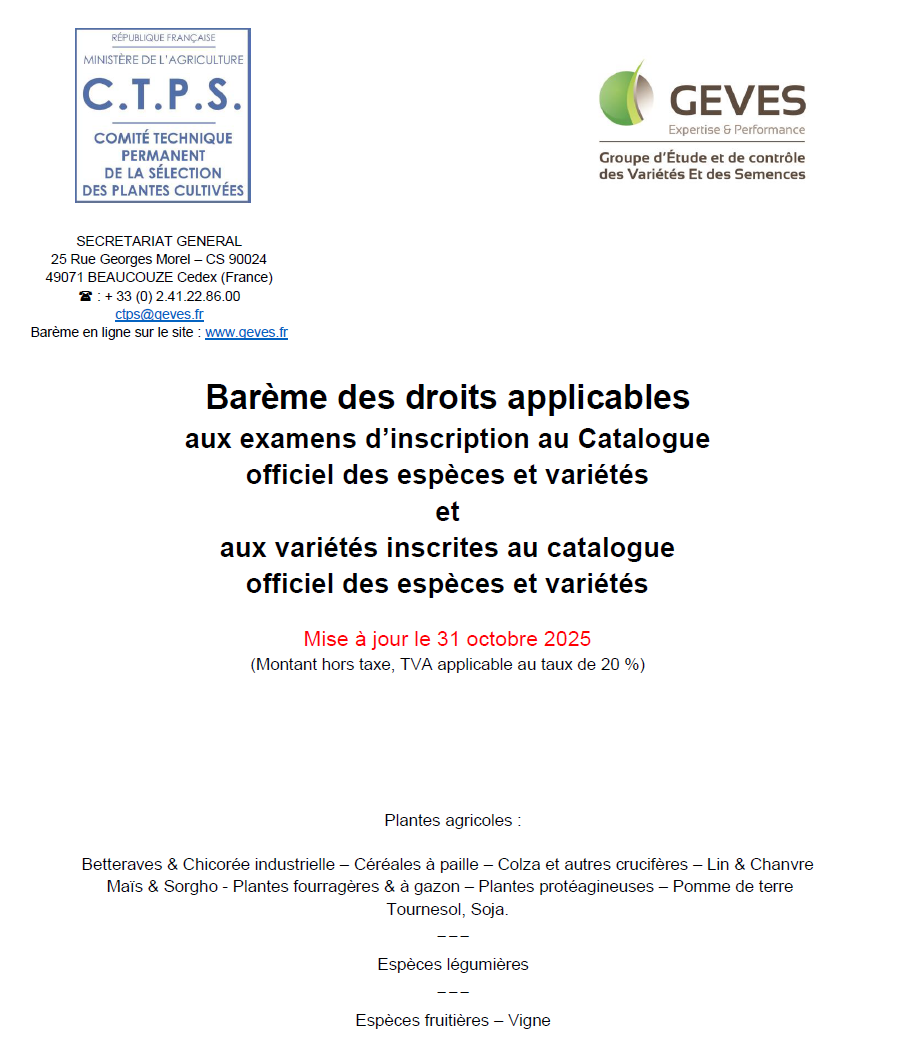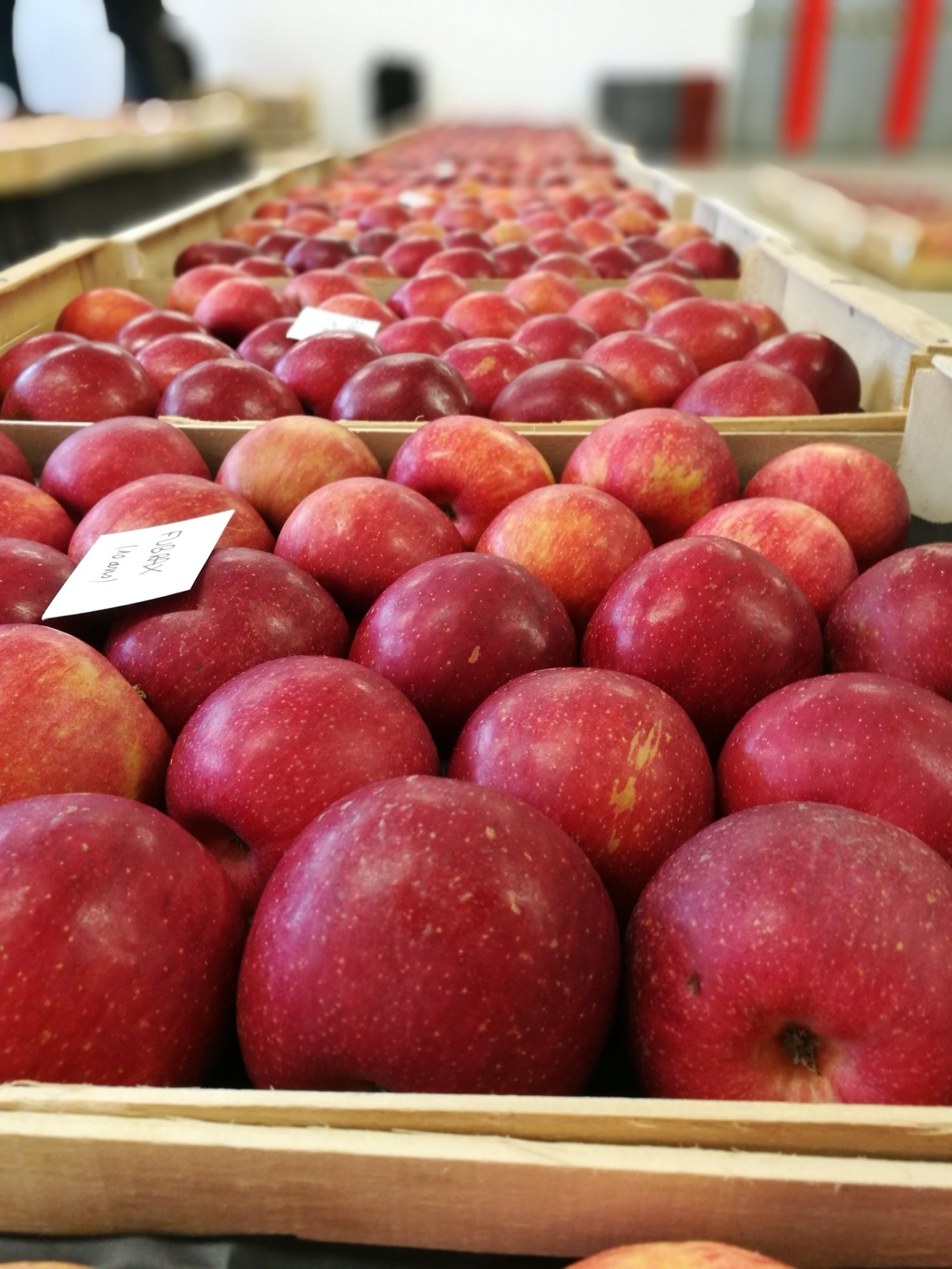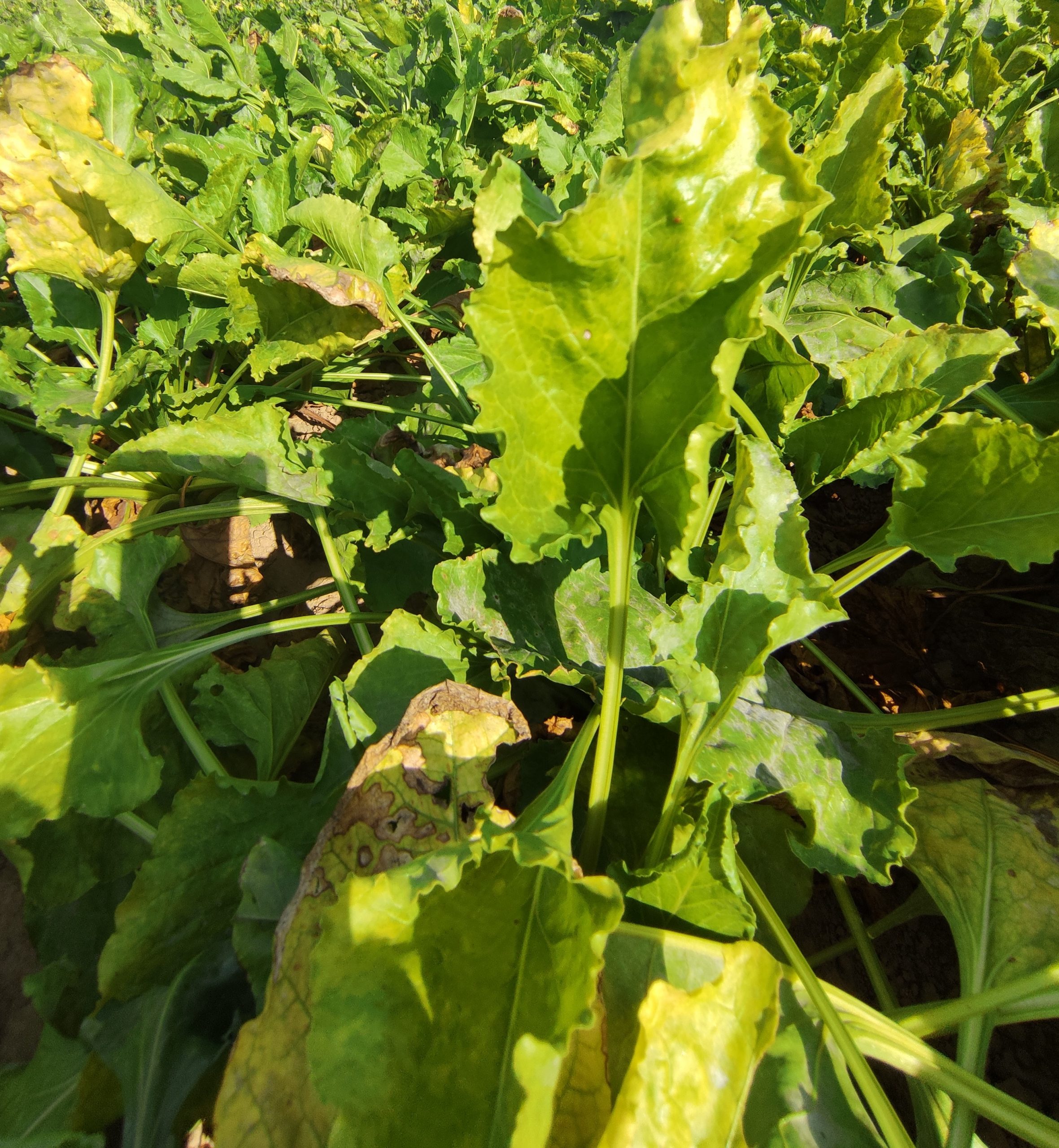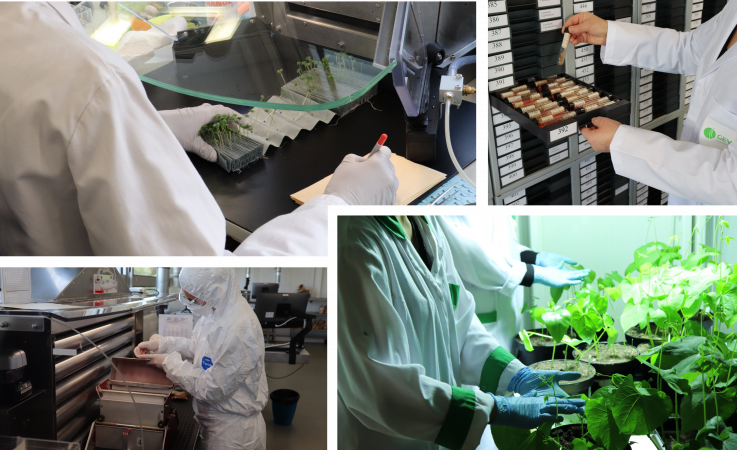
Focus on seed quality
Alice Richard-Jolly, Director of GEVES’ National Seed Testing Station (SNES), presents the activities dedicated to seed quality at the start of the season:
The analyses
GEVES receives seed samples of all species and origins, which are analysed according to various criteria (physical, germination and/or health quality) depending on the destination or use of the seed batches.
The 2025-2026 testing campaign (which began in July-August and will run until the end of March-April) is proceeding as planned, with good dynamic. The involvement of the SNES is essential, both for the competent authorities and for companies in the sector and farmers. It requires the mobilisation of permanent teams, reinforced by seasonal workers, most of whom have been trained for many years.
Approximately 70,000 analyses will be carried out during this campaign. They will be performed as part of the monitoring of recognised laboratories, in support of the DQCO (key role of GEVES as NRL for Seeds and Plants, National Reference Laboratory), in support of international trade (ISTA bulletins, phytosanitary passports/certificates), particularly at this time on vegetable species, beet, straw cereals and rapeseed, or national exchanges (for example for the certification of seed batches or the detection of bunt on cereals).
Research and innovations
- New tools, methods or projects under development to meet tomorrow’s challenges (for example: sclerotia detection, sunflower dormancy breaking, computer-assisted X-ray measurements for species identification on coated seeds, etc.). For example, GEVES is a partner in the Tempo project, which aims to adapt sunflowers to changing environments. Another example is the Supraseed network, which evaluates biostimulation and biocontrol approaches.
- New methods soon to be proposed for officialisation:
- Detection of PepMV in tomato seeds by the end of 2025
- Conferences: SNES specialists will participate in several major events in the coming weeks:
- European Plant Phenomix Symposium (16 to 17 september in Bonn).
- Biosolutions cconference (23 to 26 september in Perpignan).
- Colloque Graines (12 to 14 november in Nantes).
Training, technical and scientific support
Skills development and knowledge sharing are at the heart of the National Reference Laboratory’s mission:
- Extension of the NRL plant health mandate for NQROs (Non-Quarantine Regulated Organisms) GEVES seed matrix with the addition at the end of July of ToBRFV on tomatoes and peppers/chillies, and TRSV on soya beans following their reclassification as harmful organisms.
- The Laboratory Days, held every September, provide an opportunity for technical exchanges at the start of the season with laboratories in the sector on developments in methods (with a preview of the new ISTA rules applicable from 1 January) and also to listen to the needs of the sectors. As the National Reference Laboratory for Seeds and Plants, we share advances in methodological research (vigour, recognition of pure seeds, etc.).
- Training sessions for laboratory analysts (basic and senior) will be held in October and November in partnership with SEMAE.
- Interlaboratory Comparison (ILC) have been organised in recent months: 16 reports will be issued at the end of this year, either as part of the regulatory process (recognition of laboratories by the DQCO and/or the Ministry) or as part of continuous improvement (in collaboration with the UFS).
- 2 workshops:
- A first on insect detection in seeds will be offered in November for a national audience.
- A second one in December, international, within an ISTA framework, on germination and vigour tests.

